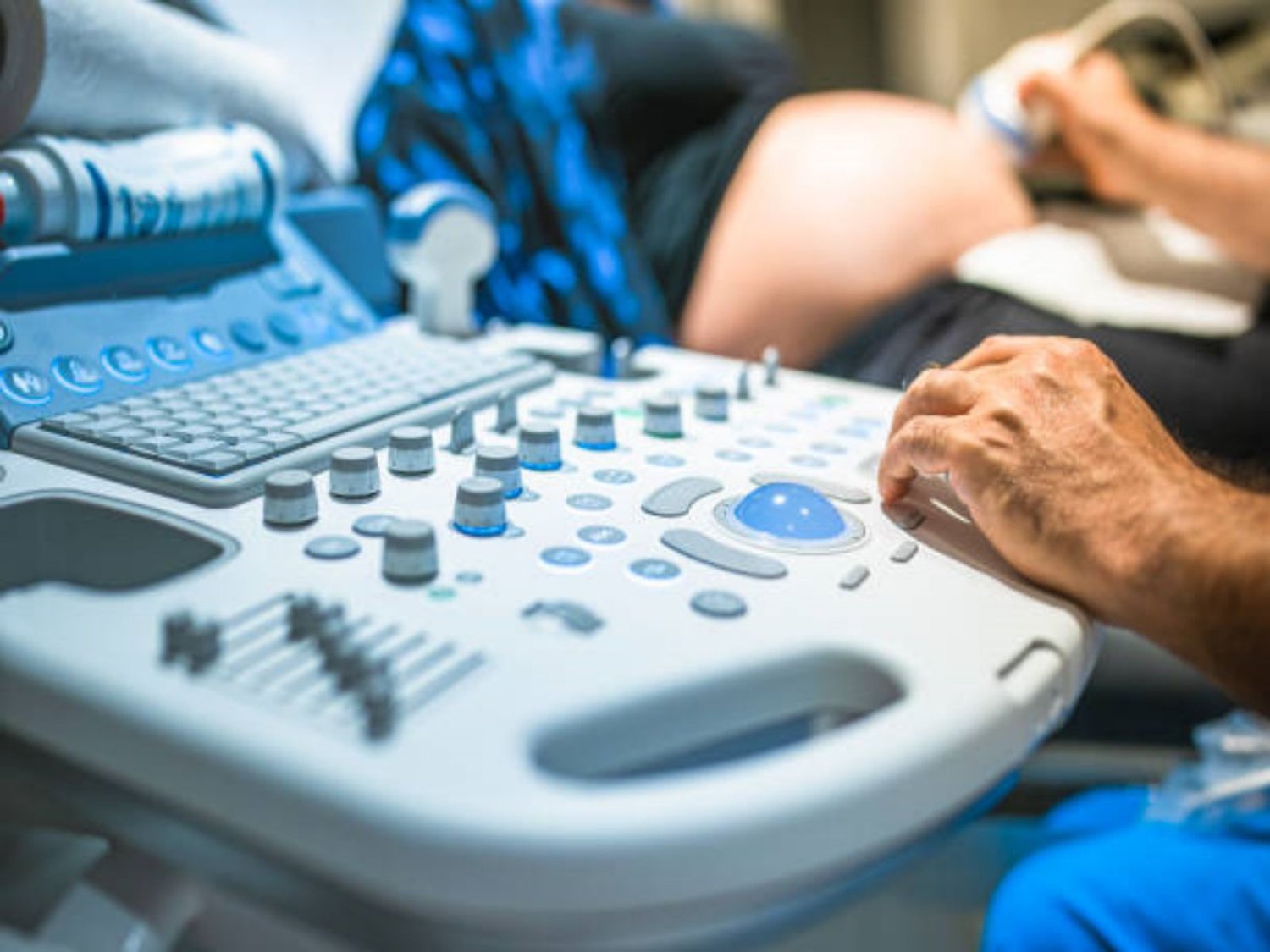Troubleshooting Common Issues with Medical Equipment Battery Management Systems
Medical equipment battery management systems are vital for ensuring the reliable operation of various medical devices. These systems are responsible for monitoring and maintaining the batteries that power critical medical equipment. However, like any technology, battery management systems can encounter issues that may hinder their performance. In this article, we will explore some common problems that healthcare professionals may encounter with these systems and provide troubleshooting tips to resolve them.
1. Inaccurate Battery Level Readings
One of the most common issues with medical equipment battery management systems is inaccurate battery level readings. This can lead to unexpected device shutdowns or premature replacements. To troubleshoot this problem, start by recalibrating the battery management system. Follow the manufacturer's instructions to ensure the system accurately measures the battery's charge level. If recalibration doesn't solve the issue, consider replacing the battery or contacting the manufacturer for further assistance.
2. Battery Overheating
Battery overheating is another issue that can occur with medical equipment battery management systems. Excessive heat can shorten the battery's lifespan and even pose a safety risk. To troubleshoot this problem, ensure that the battery is not exposed to high temperatures or direct sunlight. Check if the ventilation system of the device is working correctly and clean any dust or debris that may obstruct airflow. If the issue persists, consult the manufacturer for advice on cooling solutions or consider replacing the battery.
3. Insufficient Battery Charging
Insufficient battery charging can result in medical devices not having enough power to operate properly. This issue can be caused by various factors, such as a faulty charger, damaged charging cables, or a malfunctioning battery management system. Troubleshoot this problem by trying a different charger or charging cable to rule out any issues with those components. If the problem persists, inspect the battery management system for any signs of damage or malfunction. Contact the manufacturer for further assistance if needed.
4. Battery Drainage
Battery drainage is a common issue that can significantly impact the performance of medical equipment. To troubleshoot this problem, start by checking for any power-hungry features or applications running in the background of the device. Adjusting the device settings or disabling unnecessary features can help conserve battery life. If the issue persists, it could indicate a faulty battery management system or a battery with reduced capacity. Consider replacing the battery or contacting the manufacturer for further guidance.
5. Inadequate Battery Life
Medical professionals rely on devices with long-lasting battery life to ensure uninterrupted patient care. If the battery life is inadequate, it can cause disruptions and delays. To troubleshoot this issue, check if the battery is compatible with the medical device and meets the manufacturer's specifications. If the battery is compatible, recalibrate the battery management system to ensure accurate battery level readings. If the problem persists, consider investing in higher-capacity batteries or consult the manufacturer for alternative solutions.
6. Communication Errors
Communication errors between the battery management system and the medical device can prevent accurate monitoring and control of the battery's performance. To troubleshoot this problem, check for loose connections or damaged cables. Ensure that the battery is properly inserted into the device and securely connected. If the issue persists, consult the device and battery management system manuals for troubleshooting steps specific to your equipment. Contact the manufacturer if necessary for further assistance.
7. Software Glitches
Software glitches can occasionally occur in battery management systems, leading to unexpected behavior or inaccurate readings. Troubleshoot this problem by checking for available software updates for both the medical device and the battery management system. Updating to the latest software versions can often resolve any known issues. If the problem persists, contact the manufacturer for specific troubleshooting steps or software support.
8. Battery Compatibility Issues
Using incompatible batteries with the medical equipment battery management system can lead to various issues. It is crucial to ensure that the battery is specifically designed for the medical device and is compatible with the battery management system. Consult the device and battery management system manuals for a list of recommended batteries. If you are unsure about compatibility, contact the manufacturer for guidance to avoid any potential problems.
9. Inadequate Battery Storage
Improper battery storage can result in reduced performance and shortened lifespan. To troubleshoot this issue, ensure that the batteries are stored in a cool and dry environment. Avoid exposing them to extreme temperatures or humidity. Furthermore, follow the manufacturer's guidelines for battery storage, including any recommendations on charging levels before storage. If the issue persists, consider replacing the batteries or contacting the manufacturer for further advice.
10. Lack of Training and Education
A lack of proper training and education on battery management systems can contribute to various issues. Healthcare professionals should receive comprehensive training on how to operate and troubleshoot these systems effectively. Ensure that staff members are familiar with the manufacturer's guidelines and best practices for battery management. Investing in training programs and workshops can significantly reduce the occurrence of common issues and improve the overall performance of medical equipment battery management systems.

